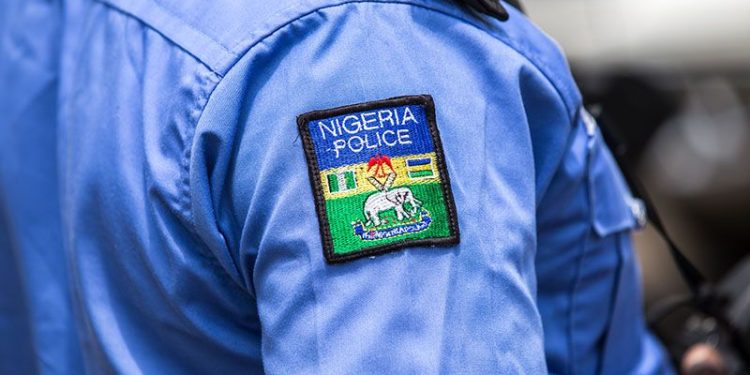On International Human Rights Day, RULAAC and the Network on Police Reform in Nigeria (NOPRIN) convened a joint press conference to shed light on persistent human rights abuses in Nigeria, particularly by law enforcement agencies.
Okechukwu Nwanguma, Executive Director of RULAAC, decried what he termed the “criminal force” tendencies of the Nigeria Police and other state security agencies.
“Despite significant investments and reforms, the Nigeria Police continues to operate with blatant disregard for the law, serving as instruments of repression and political vendettas,” Nwanguma stated.
Citing recent high-profile cases, Nwanguma highlighted disturbing examples of rights violations:
Dele Farotimi, detained in Ekiti for dissenting views,
Dr. Ihekweme, a former commissioner in Imo State, abducted for criticizing governance, Nonso Nkwa, a journalist detained in Owerri for his critical stance on Governor Hope Uzodinma.
“These acts not only violate human rights but also erode public trust and the rule of law,” Nwanguma noted.
The groups reiterated the findings of a 2006 NOPRIN study, which documented pervasive police abuses, including extrajudicial killings, torture, and corruption.
Despite the 2020 enactment of the Nigeria Police Act—intended to transition the force to a community-centered institution—the systemic issues persist.
Nwanguma called on the Inspector-General of Police to: “Immediately release detained activists and critics.
End abusive policing practices, particularly the misuse of force in civil matters and implement the Police Act 2020 and revise outdated regulations to align with democratic policing principles”.
The groups also emphasized the need for the Ministry of Justice to expedite the gazetting of revised Police Regulations, a crucial step toward meaningful reform. “Without this, the Police Act remains a mere document, incapable of transforming policing practices or rebuilding public trust,” Nwanguma added.

